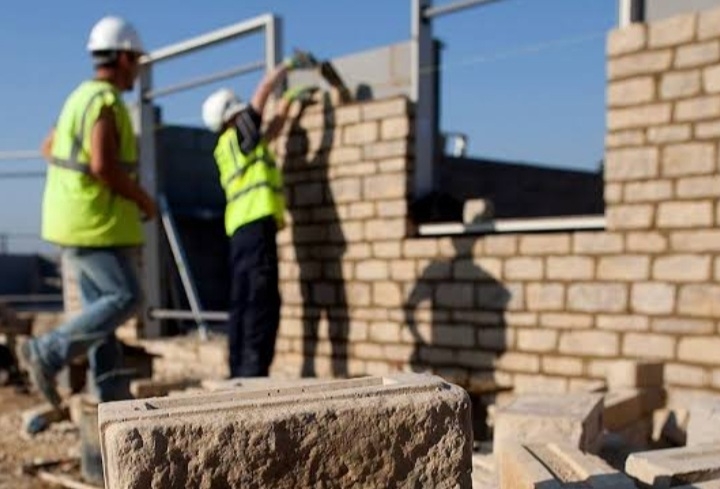Lake Properties Lake Properties
Here’s a more detailed breakdown of how you, as a landowner in South Africa, are affected if someone builds a house on your property without your consent, along with the legal and practical implications:
⚖️ 1. Ownership Under South African Law (Accession Principle)
In South Africa, the legal principle of accession (from Roman-Dutch law) applies:
"The owner of the land becomes the owner of any permanent structure built on it."
This means:
- If someone builds on your land, you own both the land and the structure, even if you didn’t pay for or authorize the building.
- However, this can lead to legal conflict, especially if the builder acted in good faith (e.g., they thought the land was theirs).
🚨 2. You May Face Legal or Municipal Issues
Even though the builder put up the structure:
- You are responsible for the property as the registered landowner, including:
- Rates and taxes on the improved property.
- Compliance with zoning laws, building regulations, and environmental rules.
- Any building penalties, fines, or enforcement notices issued by the municipality.
- Possible demolition orders if the structure was built illegally.
You cannot argue "I didn’t build it" — the municipality deals with the registered landowner, not the builder.
🧍♂️ 3. Eviction Challenges (PIE Act)
If the builder or occupants are living in the house:
- You cannot evict them yourself, even though they’re on your land.
- You must follow the Prevention of Illegal Eviction and Unlawful Occupation of Land Act (PIE Act), which requires:
- Going to the Magistrate's or High Court.
- Giving occupants notice and an opportunity to respond.
- Proving that eviction is just and equitable, especially if children, elderly, or vulnerable persons are involved.
- Evictions can take weeks or even months, depending on the situation.
🤝 4. Claims by the Person Who Built the Structure
The person who built on your land might make counterclaims, depending on their intentions:
a) If They Acted in Good Faith:
They might argue:
- They believed the land was theirs.
- They had verbal or informal consent from you or a third party. They may seek:
- Compensation for improvements to your land.
- Right to stay or buy the land at market value (this can be negotiated or litigated).
This is known as a “building encroachment” or “improvement lien” situation and may go to court.
b) If They Acted in Bad Faith (knowingly trespassing):
- You can sue them for trespassing, demolition costs, and possibly damages.
- Courts are less sympathetic to bad-faith actors, and you could get a demolition or eviction order more easily.
🧾 5. Selling or Transferring the Property is Complicated
You won’t be able to easily sell the land while this situation exists. Why?
- Any buyer or estate agent will uncover this during:
- A deeds search.
- On-site inspections.
- Municipal clearance processes.
- The presence of an unapproved structure and possibly unlawful occupants will:
- Reduce your property’s value.
- Delay or prevent the transfer.
- Raise red flags with banks (especially if bonded).
✅ What You Should Do
Step 1: Legal Consultation
- Speak to a property attorney immediately. This situation has many legal layers and risks.
Step 2: Gather Evidence
- Get a copy of your title deed and zoning certificate.
- Take photographs of the structure.
- Check with the municipality:
- Are there approved building plans?
- Was a building inspector involved?
- Who applied for them?
Step 3: Send a Formal Legal Notice
- Have your lawyer send a cease-and-desist letter to the builder/occupant.
- Demand they stop work, vacate the land, or explain under what authority they acted.
Step 4: Go to Court (If Needed)
- You may need to:
- Apply for a court interdict to stop further building.
- Start eviction proceedings if they occupy the home.
- Ask the court for a declaration of ownership of the structure.
🧠 Final Thought
This kind of issue can get very complex and emotional, especially if family members, informal agreements, or boundary disputes are involved. The law generally protects registered owners, but procedural fairness is key — even unlawful occupiers have rights under South African law.
Lake Properties Lake Properties














No comments:
Post a Comment